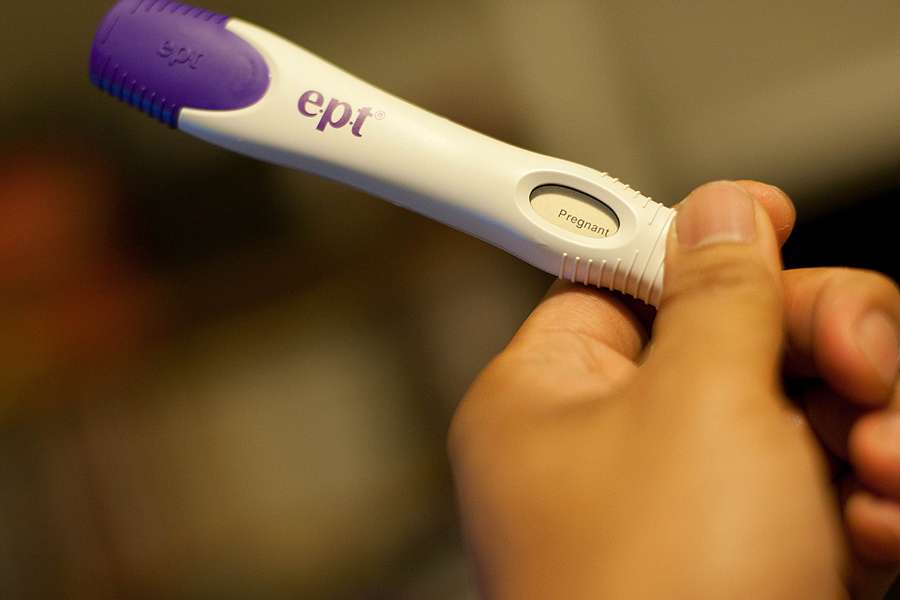California governor Gavin Newsom signed into law Friday a measure requiring public universities to provide free access to medical abortions for students.
The law will take effect in 2023, and applies to the 34 campuses of the University of California and California State University.
Sen. Connie Levya (D-Chino), the law's author, said Oct. 11 that “abortion is a protected right, and it is important that everyone—including college students—have access to that right, if they so choose. I thank the Governor and my legislative colleagues for upholding the right to choose and affirming the right of college students to access medication abortion on campuses here in California.”
The law will also create a fund to provide a $200,000 grant to each public university student health center to pay for the cost of offering abortion pills, with money coming from nonstate sources such as private sector entities and local and federal government agencies.
The law will only take effect if $10.29 million in private funds are made available by Jan 1, 2020, which funding has already been secured according to an Aug. 12 analysis of the bill by the State Assembly's appropriations committee.
It also requires abortion counseling services to students, but it is “specifically written in such a way to exclude pro-life counseling,” the California Catholic Conference said in a statement on their website.
Former Governor Jerry Brown, a public supporter of abortion, vetoed a similar bill last September, saying it was was “not necessary,” as abortion services are already “widely available” off campus.
The California Catholic Conference was opposed to the law as it passed through the legislature, and last month the group urged Newsom to veto “this unprecedented and unnecessary legislation because it purposely narrows a young woman’s choices and puts the state’s prestigious academic institutions in a position of actually promoting, facilitating and potentially funding only abortions.”
Currently, a majority of campus health centers offer gynecological services and contraceptives, but they will refer students seeking an abortion to an off-campus abortion clinic.
The California Catholic Conference said the bill overemphasizes abortion as an option for college pregnancies. While the bill invites health centers to include abortion counseling services, the conference said it is “specifically written in such a way to exclude pro-life counseling.”
“This bill will promote only abortion-inducing drugs on college campuses,” said Andrew Rivas, executive director of the conference. “No government-funded institution, medical or counseling center, should ever provide only one set of services. If this bill is truly about providing choices for female students, the state should then also require and fund life-affirming services on campus.”
“Offering state-funded abortions as the only alternative to pregnancy undermines the ability of a state academic institution to promote the value of diversity and the empowerment of women,” he added.
Medical abortions involve the taking of two pills - the first, mifepristone, blocks progesterone, which is essential for maintaining the health of the fetus. The second pill, misoprostol, is taken 24 hours after mifepristone and works to induce contractions in order to expel the fetus.

